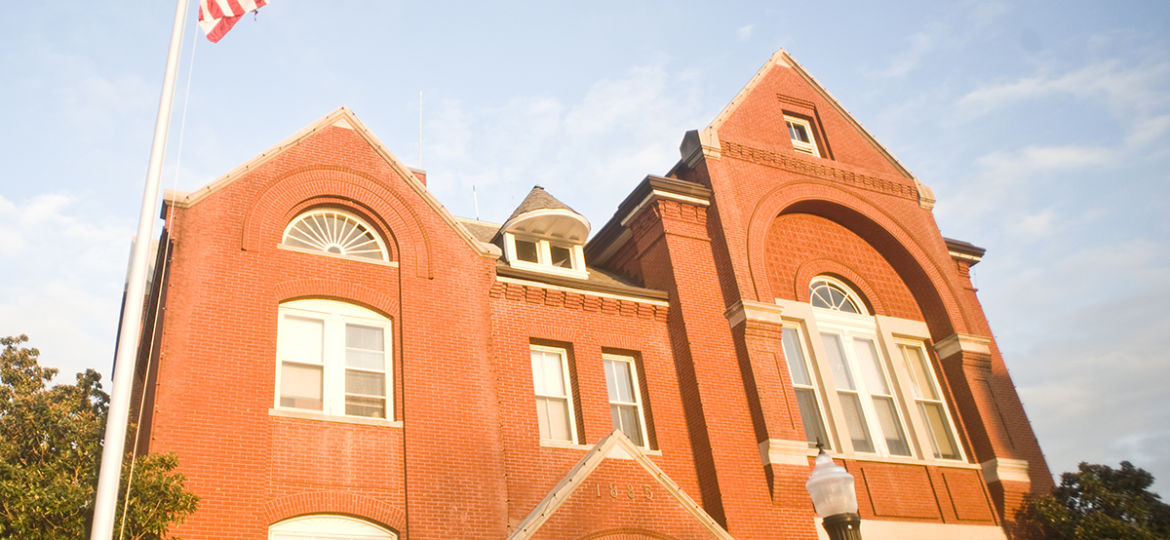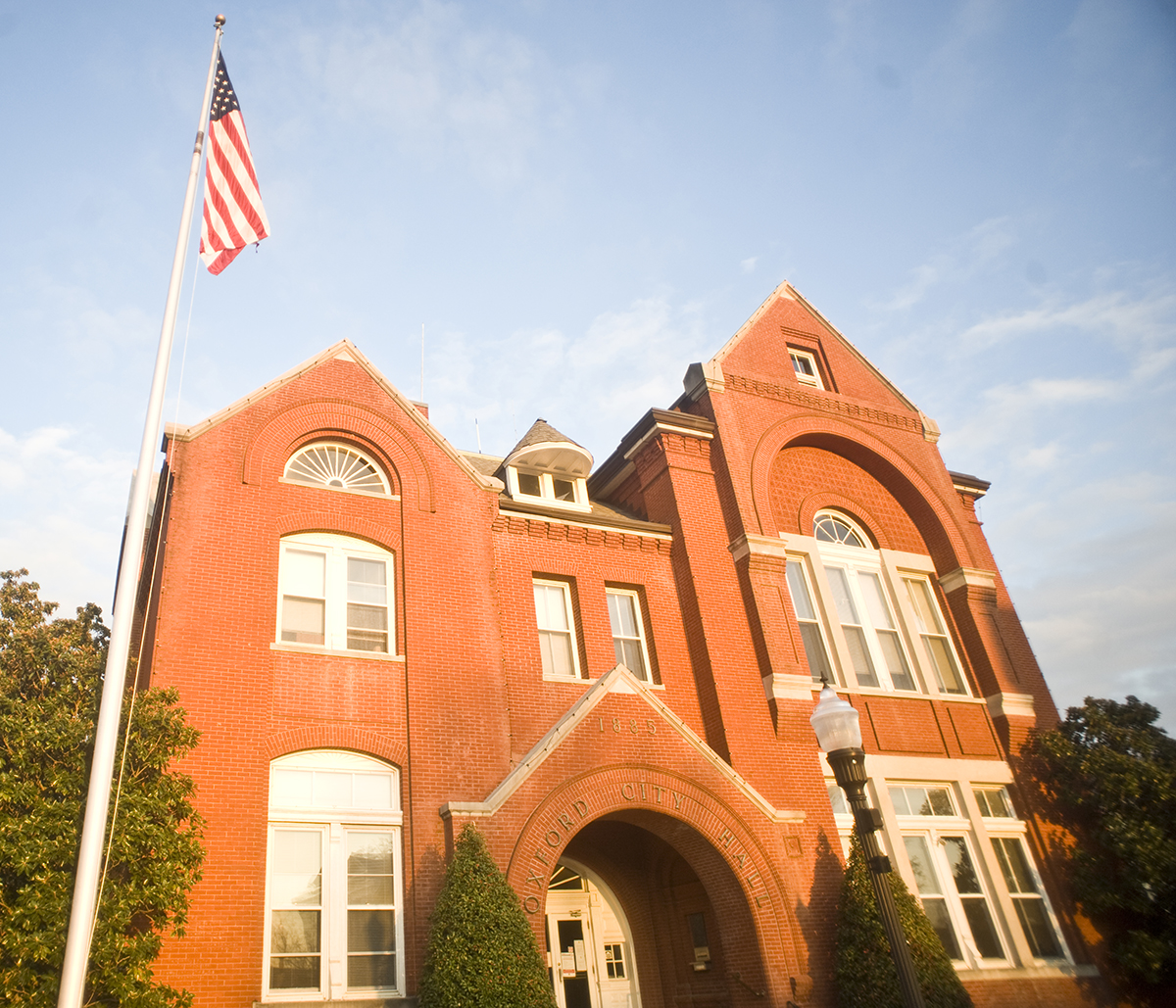

The Oxford Board of Aldermen voted to approve the proposed changes to the city’s Land Development Code that will set the zoning districts for medical marijuana cultivation, processing, testing and other related facilities within Oxford’s city limits.
The Mississippi Department of Revenue is in charge of issuing business licenses and will begin by July 2. Due to the shortened time frame, city officials thought it best to vote on the proposed modifications after the second reading and public hearing.
The changes were first proposed to the Oxford Planning Commission in early May after the due date to opt-out of the Mississippi Medical Cannabis Act Program passed.
Director of Planning Ben Requet announced that there were no changes to the proposed ordinance since its reading at the Planning Commission meeting and its first reading to the Board of Aldermen.
Any business associated with the Mississippi Medical Cannabis Act— meaning a cannabis cultivation facility, cannabis processing facility, cannabis testing facility, cannabis dispensary, cannabis transportation entity, cannabis disposal entity or cannabis research facility licensed and registered by the appropriate agency— will fall under the criteria restricting them to particular zones/districts, locations and regulations.
Cannabis cultivation facilities are allowed by Special Use in Industrial District and Special Exception in Traditional Neighborhood Business (TNB), Suburban Corridor (SCO), Suburban Center (SCN), Urban Corridor (UCO), and Urban Center (UCN) areas. Cannabis dispensaries are allowed by Special Use in TNB, SCO, SCN, UCO, UCN, and IND. Cannabis disposal entities are allowed by Special Exception in SCO, SCN, and IND.
Cannabis processing facilities are allowed by Special Use in IND and Special Exception in TNB, SCO, SCN, UCO, and UCN. Cannabis research facilities are allowed by Special Use in SCO, SCN, UCO, UCN and IND and Special Exception in TNB. Cannabis testing facilities are allowed by Special Use in IND and Special Exception in TNB, SCO, SCN, UCO, and UCN.
Lastly, Cannabis transportation facilities are allowed by Special Use in IND and Special Exception in TNB, SCO, SCN, UCO, and UCN.
Marijuana dispensaries are not allowed within 1,000 feet of a church, school, or daycare or within 1,500 feet of another dispensary. Additionally, many sites cannot dispose of cannabis bi-product outside of the facilities to prevent the product’s odor from spreading.
“Nothing has changed in the ordinance since we previously came before the board and staff has not received any comments from the public,” said Requet. “It’s just a lot of calls of interest.”
“I’ve gotten several phone calls from people interested in applying to be medical marijuana distributors in our community but I haven’t got any concerns from anyone about our ordinance,” Mayor Robyn Tannehill said.
During a press conference, new Mississippi Medical Cannabis Program officials reported an influx of applicants after launching its medical marijuana licensing system on June 1.
MMCP received approximately 1,800 registrants who have applied since the system’s launch and 85% of applicants were patients as of Monday, June 6. In addition, 15 businesses and nine practitioners have applied for licenses and 12 people have applied for work permits.
Though the system is up and running, officials do not expect medical marijuana dispensaries and facilities to come online as soon.
“We anticipate that it will probably be the end of the calendar year before there is a legal product that is available through the dispensaries and that is because businesses have to get established, they have to hire and they have to get crops in the ground,” said Jones at the press conference.
The ordinance will take effect 30 days after its approval on July 7, 2022.
For more information on the medical marijuana licensing system or to apply, visit the MSDH’s page on the Mississippi Medical Cannabis Program. For further questions on the MMCP, contact MMCP Director Kris Jones at (601) 206-1540 or MSMedicalCannabis@msdh.ms.gov.

